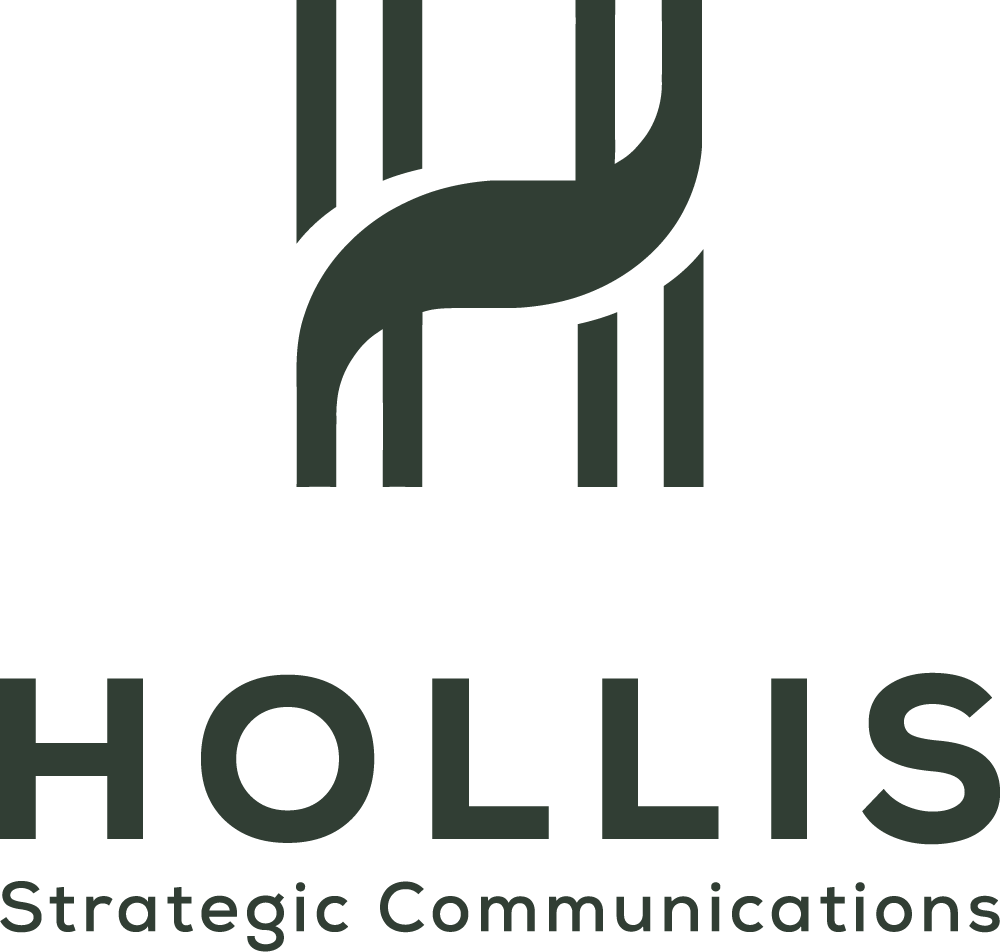America’s Great Communicators: Presidents Day Edition
For President’s Day, this post honors our country’s leaders through history, particularly those U.S. Presidents remembered as great communicators. There are three examples here who each have different, yet equally powerful, styles of communicating and who used different tools to share critical information as well as connect and unify their audiences.
Abraham Lincoln – Clarity, logic, succinctness
Abraham Lincoln spoke clearly and directly. He is known for powerful oration, which he leveraged to deliver the Gettysburg Address – a speech so compelling, which invokes the principles of human equality reflected in the Declaration of Independence – yet only lasted two minutes and was only 272 words. That speech serves as lasting call to action for America: to remember those who have fallen and remain dedicated to the vision and work that America’s Founding Fathers had created.
Abraham Lincoln was also the first president to use the telegraph. These “lightning messages,” as he called them, were the original form of electric communication. During the Civil War, he often slept in the telegraph office adjacent to the White House to be able to monitor intelligence in real time. Being able to respond quickly and authoritatively helped him exert his power as commander-in-chief.
Ronald Reagan – Storytelling and empathy
Ronald Reagan is known widely as The Great Communicator. His speechwriter Ken Khachigian said, “What made him the Great Communicator was Ronald Reagan's determination and ability to educate his audience, to bring his ideas to life by using illustrations and word pictures to make his arguments vivid to the mind's eye. In short: he was America's Teacher.” Reagan often used anecdotes to make a point, and to uplift and inspire his audience.
He is also remembered for his empathy. Just after the Space Shuttle Challenger disaster, Reagan addressed the nation in what is now ranked one of the ten best American political speeches of the 20th century. Reagan didn’t shy away from emotion – he shared in the nation’s heartbreak through his words while honoring the astronauts for their bravery and joyful spirit in meeting a challenge for the sake of scientific discovery.
Barrack Obama – Humor and Connection
Barack Obama made history when he was elected as America’s first African American president. He is also known as a gifted orator and communicator. Skillfully using humor and levity in situations that might otherwise be cast in a somber shadow, he connected to his audience on a very human level. He was able to make the American public, the media, and even some of his fiercest political foes laugh at his disarming temperament and self-deprecating humor. His humor was often cerebral and ironic, likened to that of John F. Kennedy’s.
Obama’s speaking style was relaxed and conversational, yet deliberate. He masterfully used body language, tone of voice, and cadence to capture and captivate his audience. He spoke with passion and compassion, talking about things that matter to the American public and using personal stories to bring his messages to life. He became someone people could relate to and didn’t overcomplicate his messaging.
There are many exceptional communicators through our country’s history. These three offer great lessons in clarity, illustration, and connection as effective tools to reach and engage their audiences.
